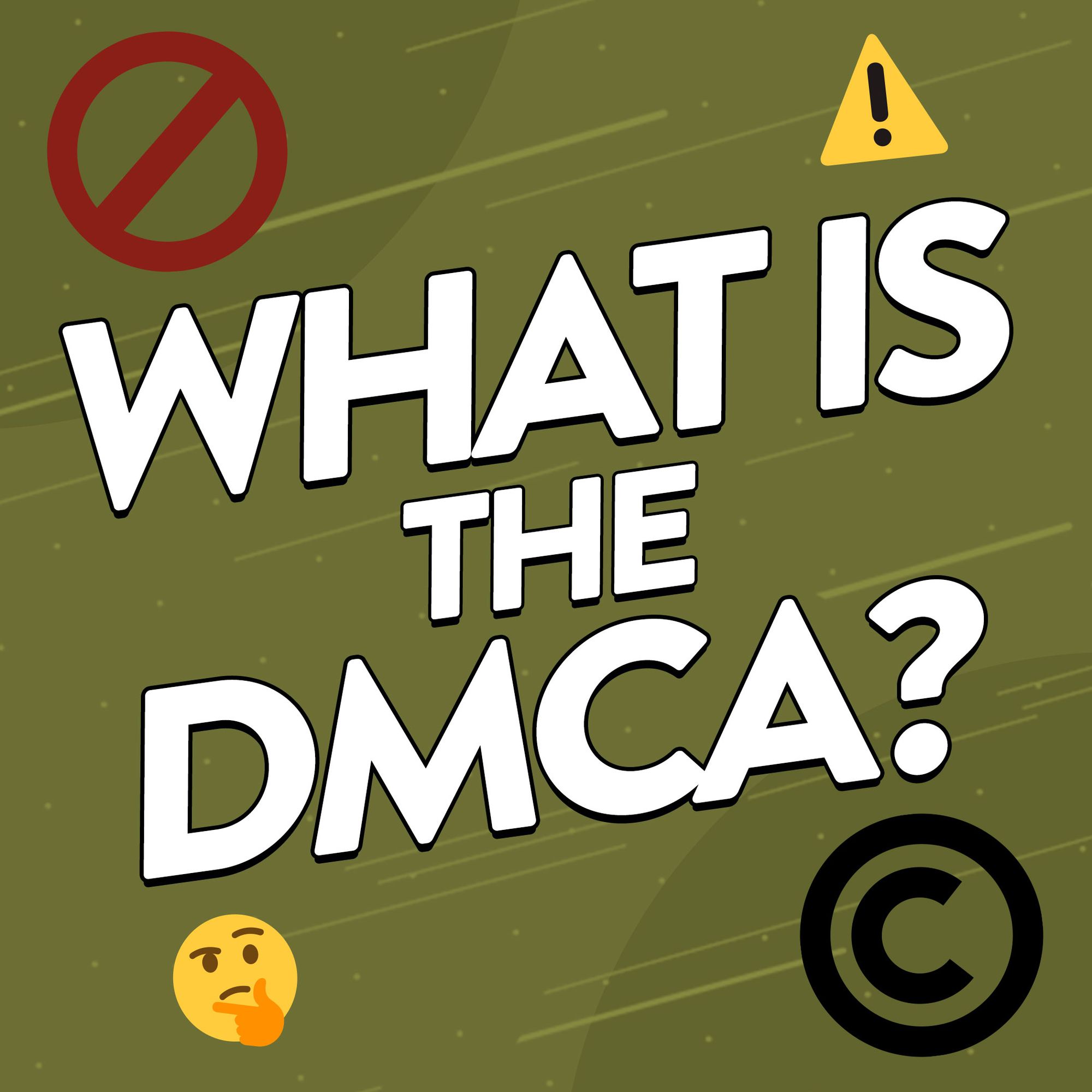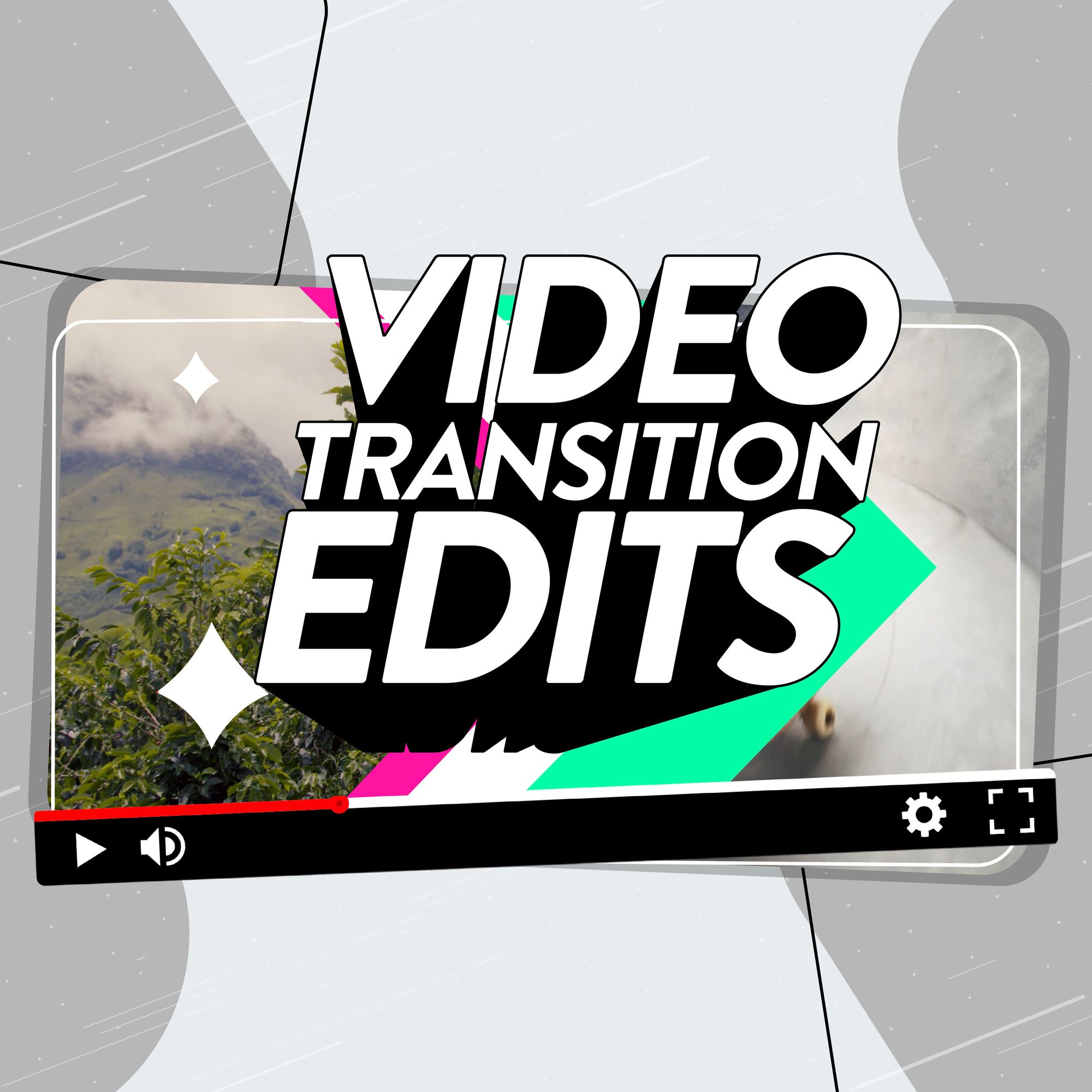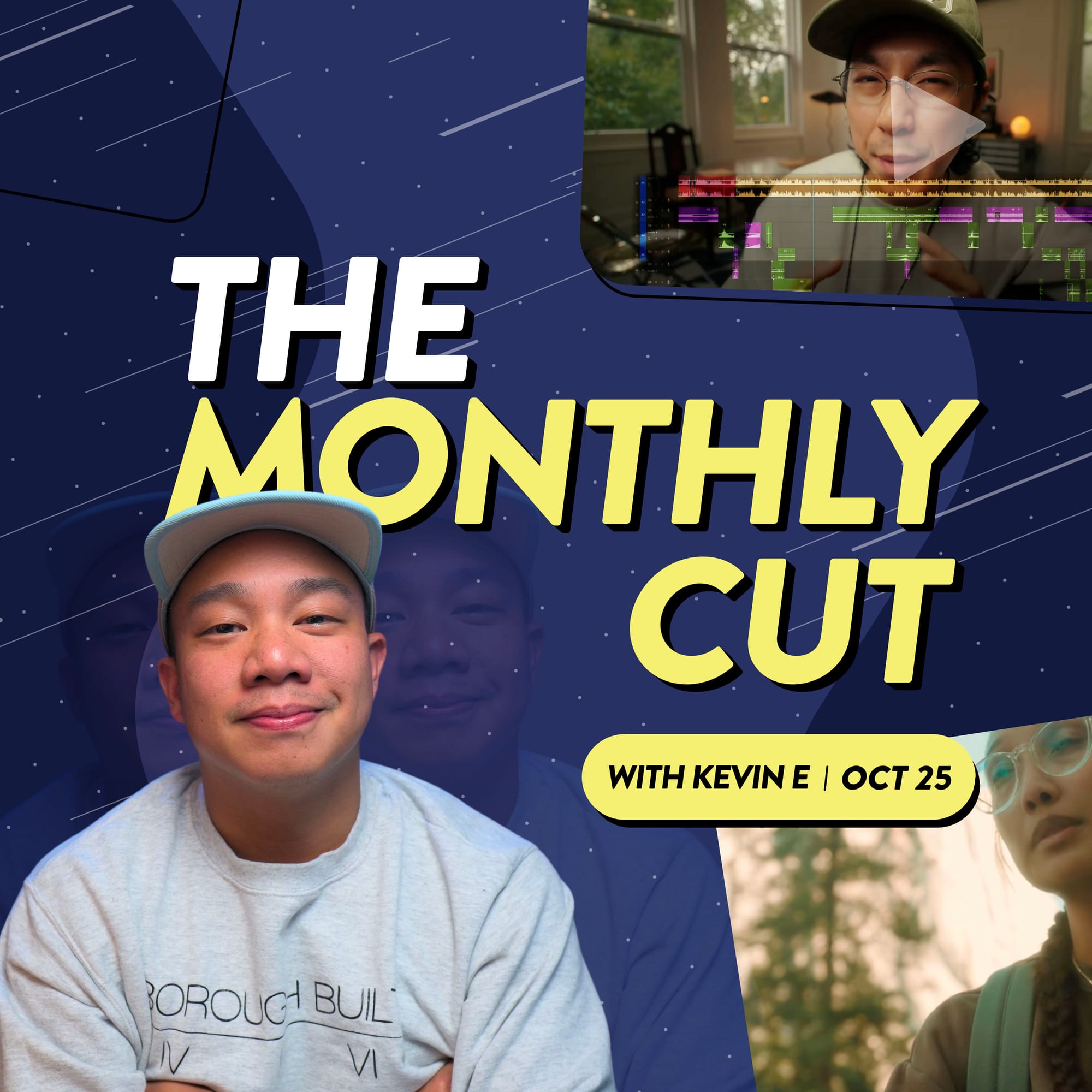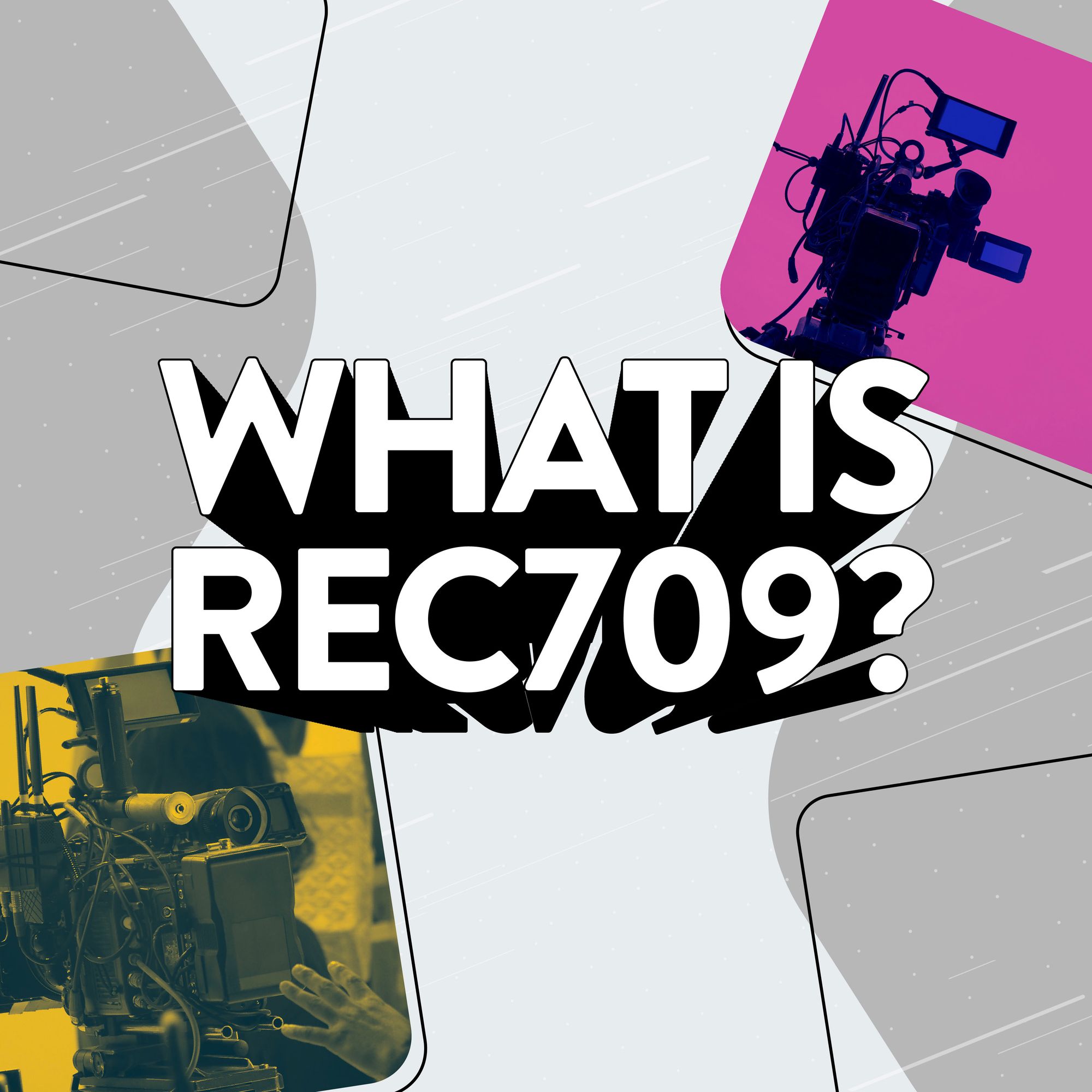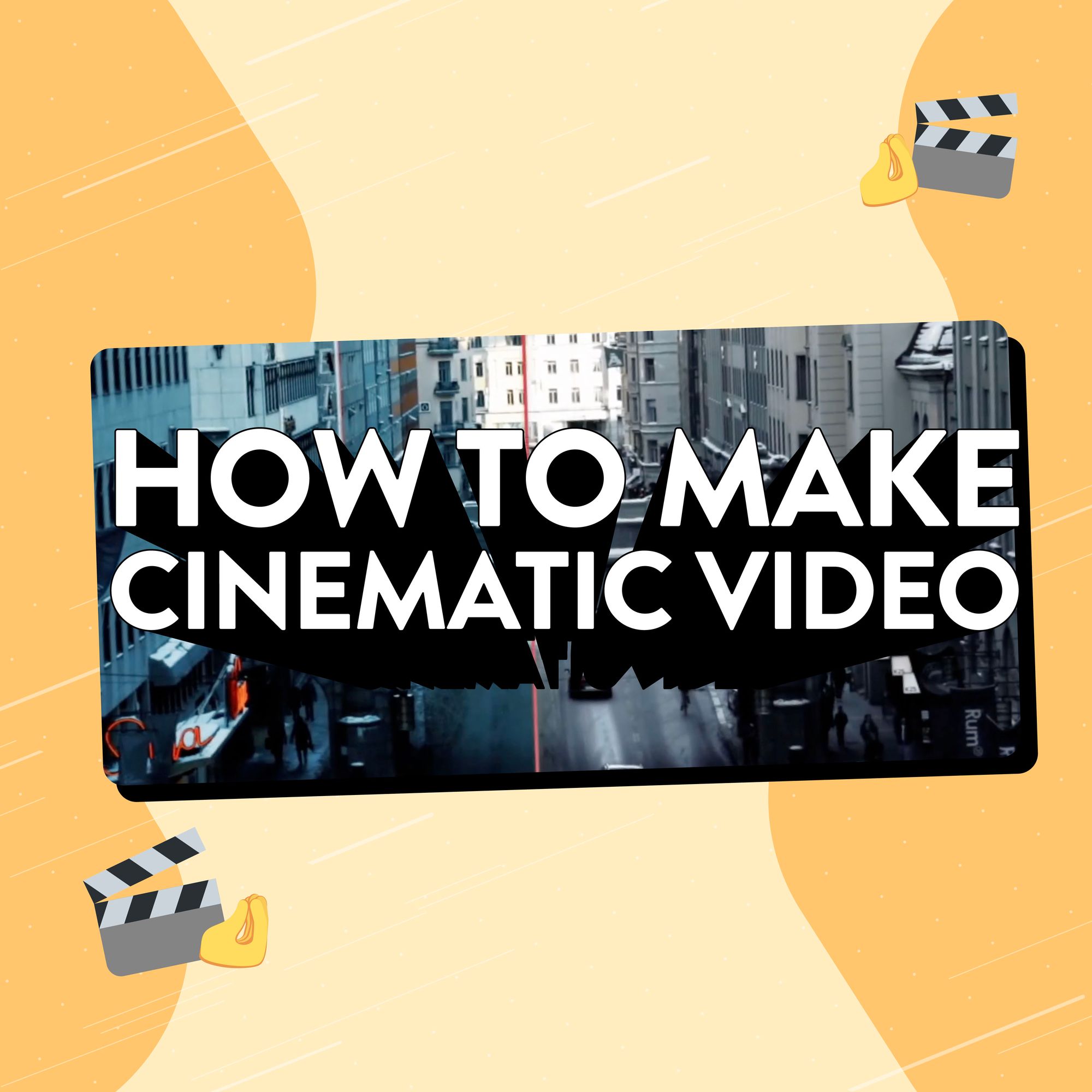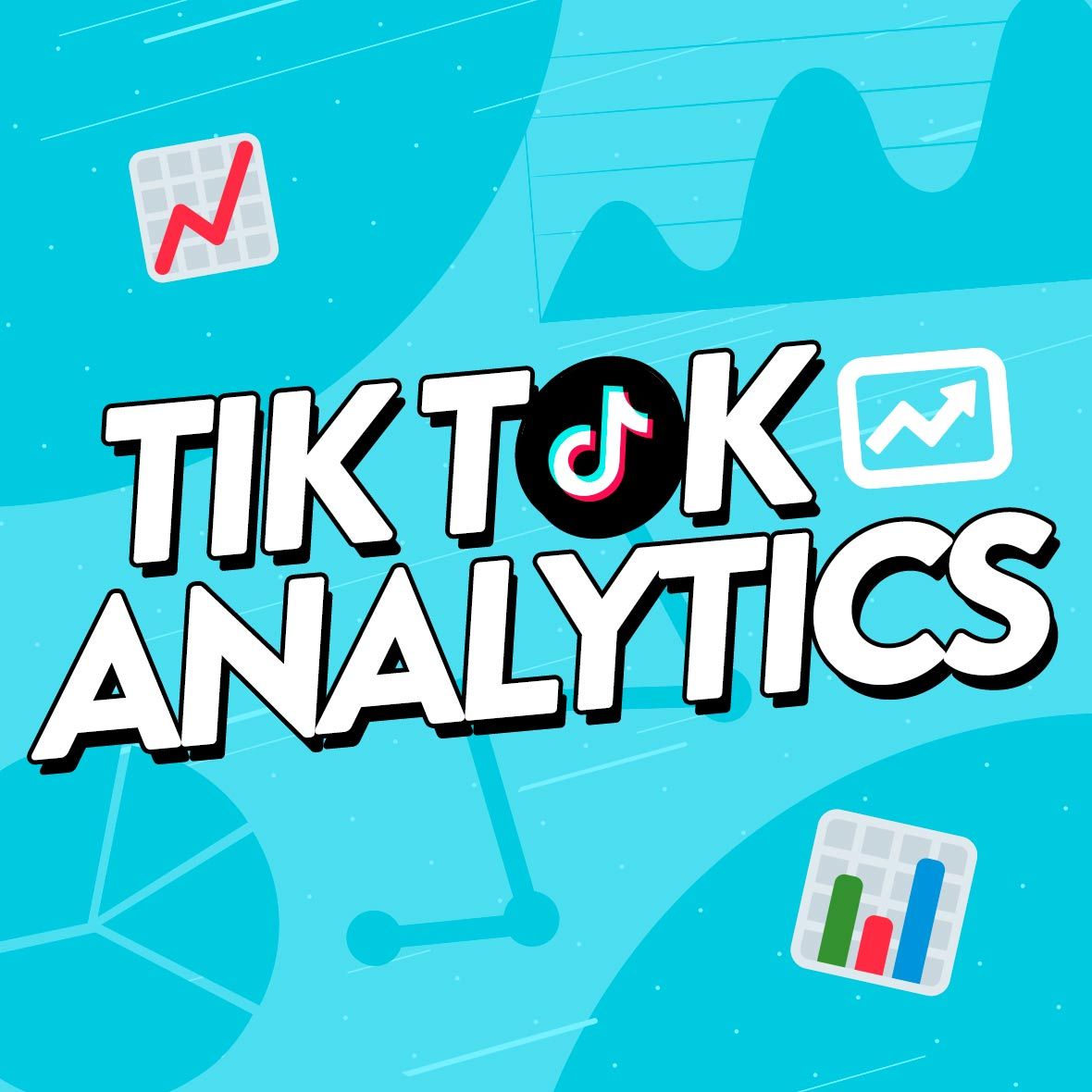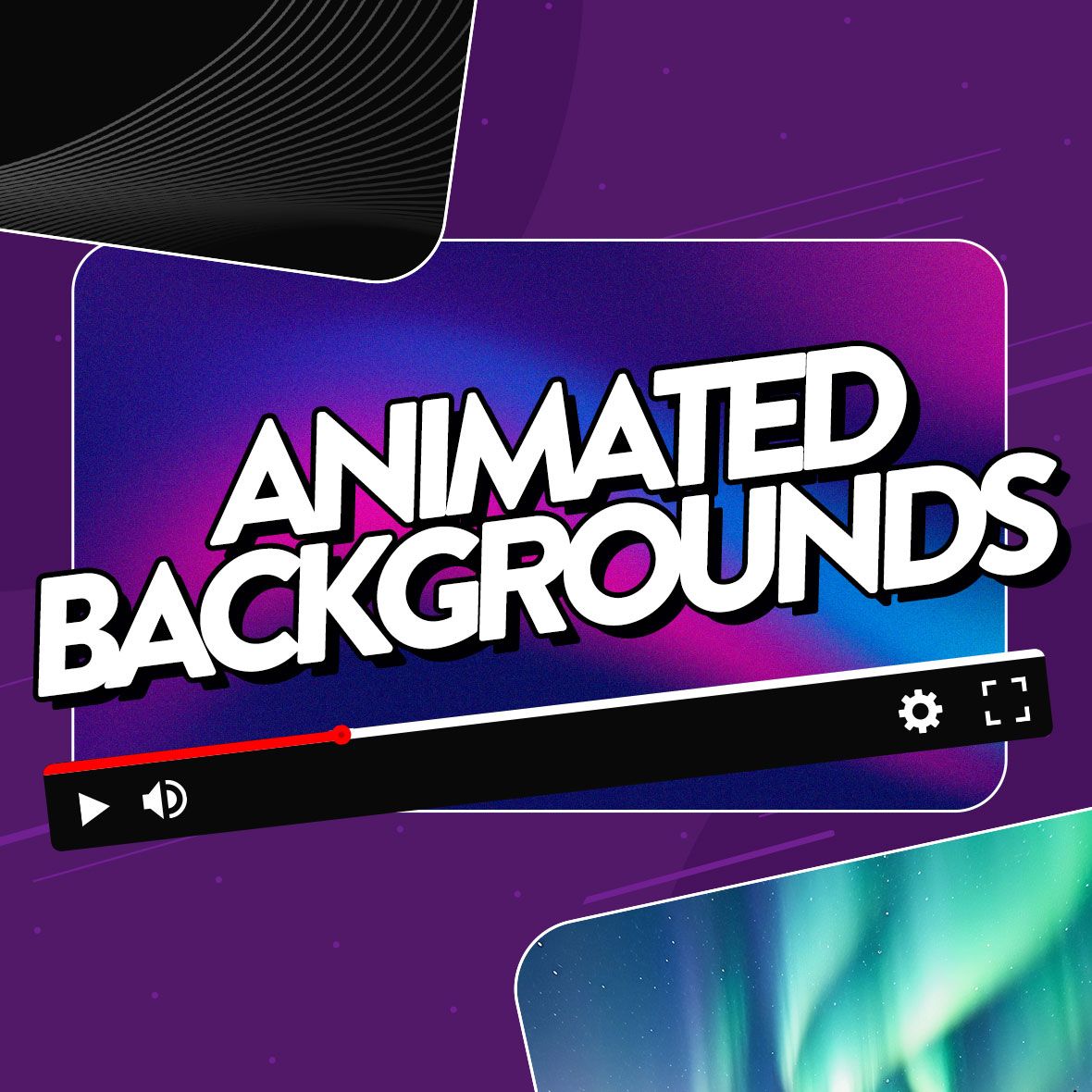The thought of having your videos removed is a creator’s worst nightmare. Which is why the threat of Digital Millennium Copyright Act takedowns is so daunting. So how can you keep your content safe when even big hitters like PewDiePie have had videos taken down? And what exactly does DMCA mean?
The DMCA is a piece of law you’ll probably hear other creators talking about. Understanding its legal jargon can feel intimidating at first, but it’s actually a simple piece of legislation to help protect copyright, including your own!
We’ve broken down what the DMCA means and how it applies to your content so you can confidently navigate copyright laws. Read on to learn how to keep your videos safe from any dreaded DMCA takedowns.
- What is the DMCA?
- What does the DMCA mean for content creators?
- Can I still get a DMCA takedown outside the US?
- How to avoid DMCA issues
- What to do if you get a DMCA takedown request ⭐
What is the DMCA?
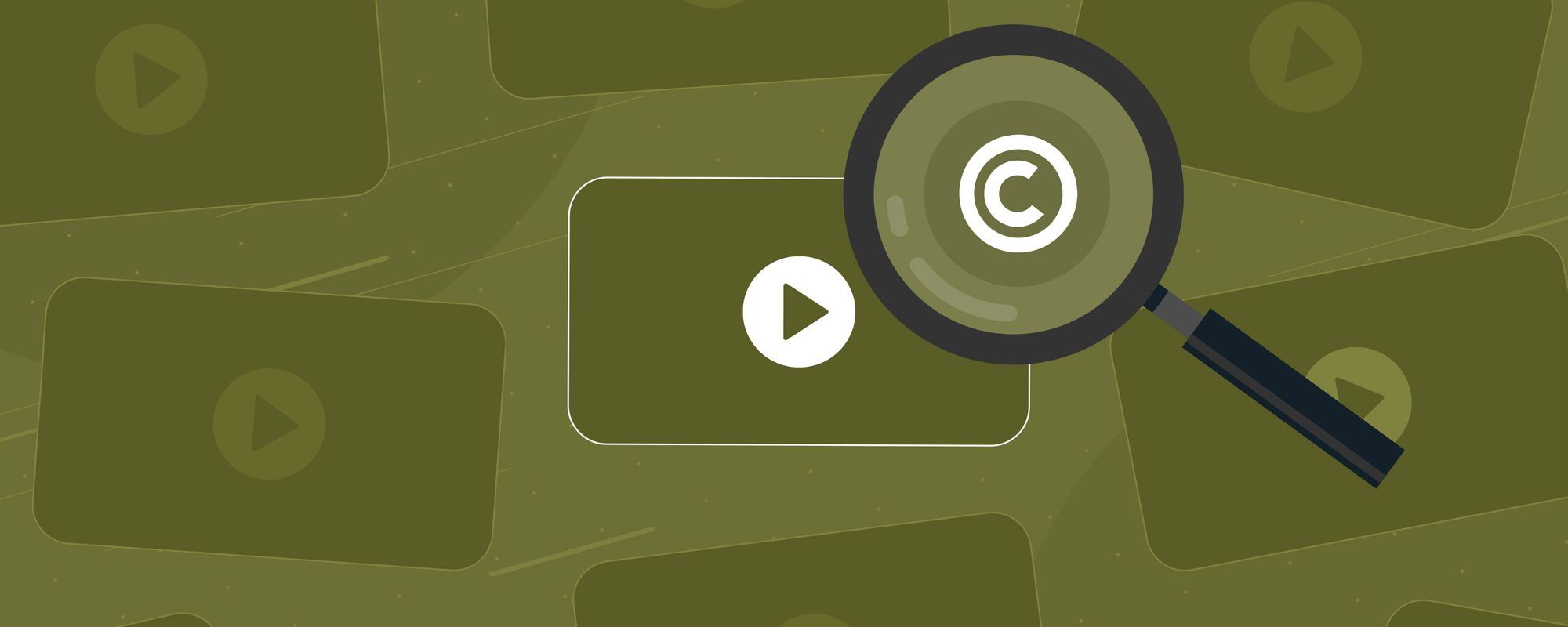
The Digital Millennium Copyright Act (DMCA) protects content from being used without the copyright holder’s permission and has been guarding people’s work for more than 25 years. It entered into United States law back in 1998 when internet usage was surging and it was becoming increasingly unclear what you could do with other people’s content.
But not only does the DMCA stop people stealing content from individual creators, it also sets out legal guidelines for internet service providers and global content platforms too. What does that mean? Basically, platforms like YouTube and Twitch have specific rules to follow when copyrighted content is uploaded to them. If they don’t, they can become liable for copyright infringement themselves.
So what happens if someone uses copyrighted material without permission? The copyright holder will issue a formal alert called a DMCA notice which asks for the copyrighted material to be taken down. They’ll either send this directly to the individual or to the platform the content is uploaded to.
Say for example you’d used a Jay-Z track in your video, Roc Nation will send you a DMCA notice. Or if you featured a scene from Game of Thrones in a stream without permission, you’re going to hear from HBO. They could send this directly to you, but they’re far more likely to send this to a platform like YouTube or Twitch, who will then use their own processes to remove the offending content.
Why is the DMCA important for content creators?
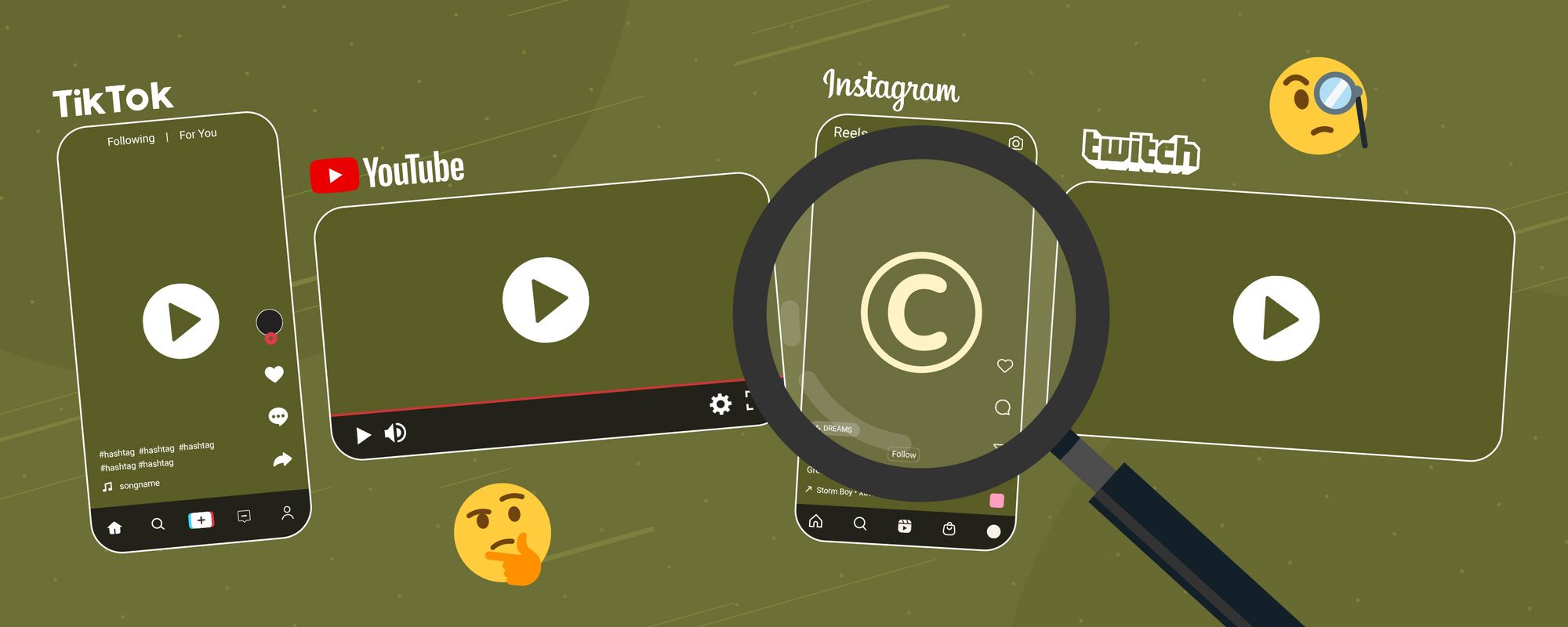
The DMCA is a double-edged sword when it comes to your content. On one hand it protects your copyright, giving you the power to issue a takedown request if you find someone using your videos without permission. But on the other hand, it gives other people the ability to request your content be taken down if you’re found to infringe on their copyright.
That’s why understanding how to avoid DMCA issues is so important, because it can save your videos from being taken down unnecessarily. Each takedown means you’re missing out on ad revenue. And even if you’re not monetized, imagine how frustrating it is to lose one of your top-performing videos.
Can I still get a DMCA takedown if I live outside the United States?
Yes! In short, you can still be subject to a DMCA takedown if you live outside the United States, even though the DMCA is part of US copyright law. That’s because the DMCA is actually based on the World Intellectual Property Organization’s (WIPO) own treaties for protecting copyrighted material.
There are almost 200 countries signed up to the WIPO. Each of these countries have their own versions of the DMCA to protect copyright, like the European Union Copyright Directive which covers most of Europe.
All of these member countries have similar processes to the DMCA and will respect a DMCA takedown request. Equally, you can still have your content taken down if it’s infringed on copyright from one of these other countries.
How to avoid DMCA issues
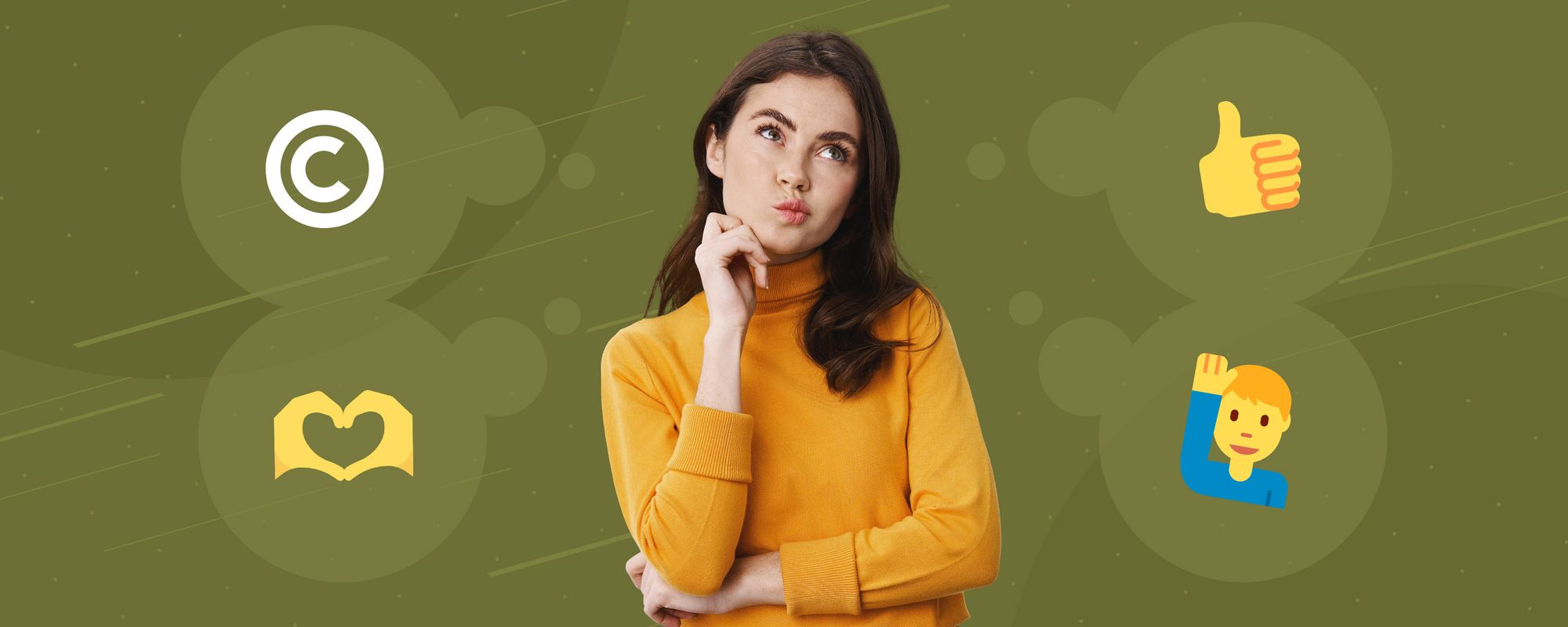
Once you understand that the DMCA is all about protecting copyrighted material, it follows that the simplest way to avoid DMCA issues is by not infringing on someone else’s copyright. This means that if you’re using copyrighted material in your videos, you’ll need the copyright holder's permission first.
And if you want to avoid a DMCA takedown, make sure you have permission to use any music, footage or photos. By following our simple checklist below, you can guarantee your content is safe from running into DMCA claims.
DMCA Checklist
1. Have I used copyrighted content? Remember, you’re only going to get a copyright claim if you’ve actually used copyrighted material. If your video is 100% your own work, you’re not going to get a DMCA takedown request.
2. Have I got permission to use copyrighted content? Put simply, if you don’t have permission from a copyright holder for content you’ve used in your video, you open yourself up to receiving a DMCA takedown request. If you need a soundtrack that’s safe to use in your video simply search for copyright-free music from platforms like Uppbeat.
3. Have I correctly attributed the copyright holder? If you’ve got permission to use copyrighted material in your video, you’ll often need to credit the copyright holder as part of your agreement. It’s important you pay attention to how you display this credit, as doing so incorrectly could open you up to copyright claims.
4. Do I need to dispute the DMCA takedown request? If you believe you’ve had an incorrect DMCA takedown against your content, you’ll need to dispute the claim with the platform your content was posted on. The likes of YouTube, TikTok and Twitch all have appeals processes, although you may find that you are unable to monetize your content while the appeal is being investigated.
Explore Uppbeat
Download music that's safe to use in your content ✌
What to do if you get a DMCA takedown request ⭐
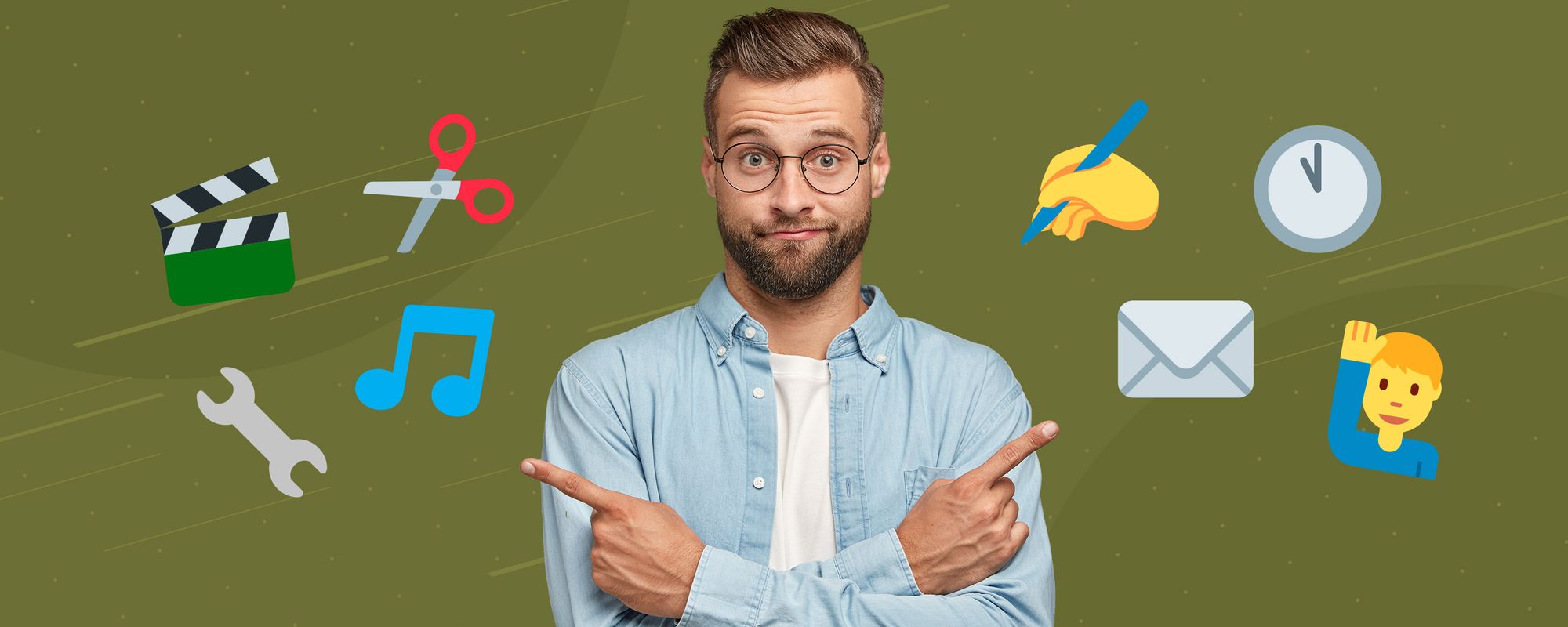
The first you’ll know about receiving a DMCA takedown request is when you’ll get a copyright notice on your video. These vary from one platform to another. So you’ll receive a copyright claim on your YouTube video, a DMCA notification on Twitch, and so on.
It can seem stressful, but you have options and can appeal a DMCA takedown if you feel that it’s been brought against you incorrectly. Check out the different options for each platform below:
It’s worth noting that if you’ve received a DMCA takedown because you’ve used copyrighted material without permission, you’re unlikely to win an appeal. You’re better off exploring other options for your video, like editing out the disputed content if you’re able to or seeking alternatives to the copyrighted material. And remember, you can avoid DMCA takedowns by searching for copyright-free music that’s safe to use in your videos on Uppbeat.
Keeping videos safe from DMCA takedowns is simple!
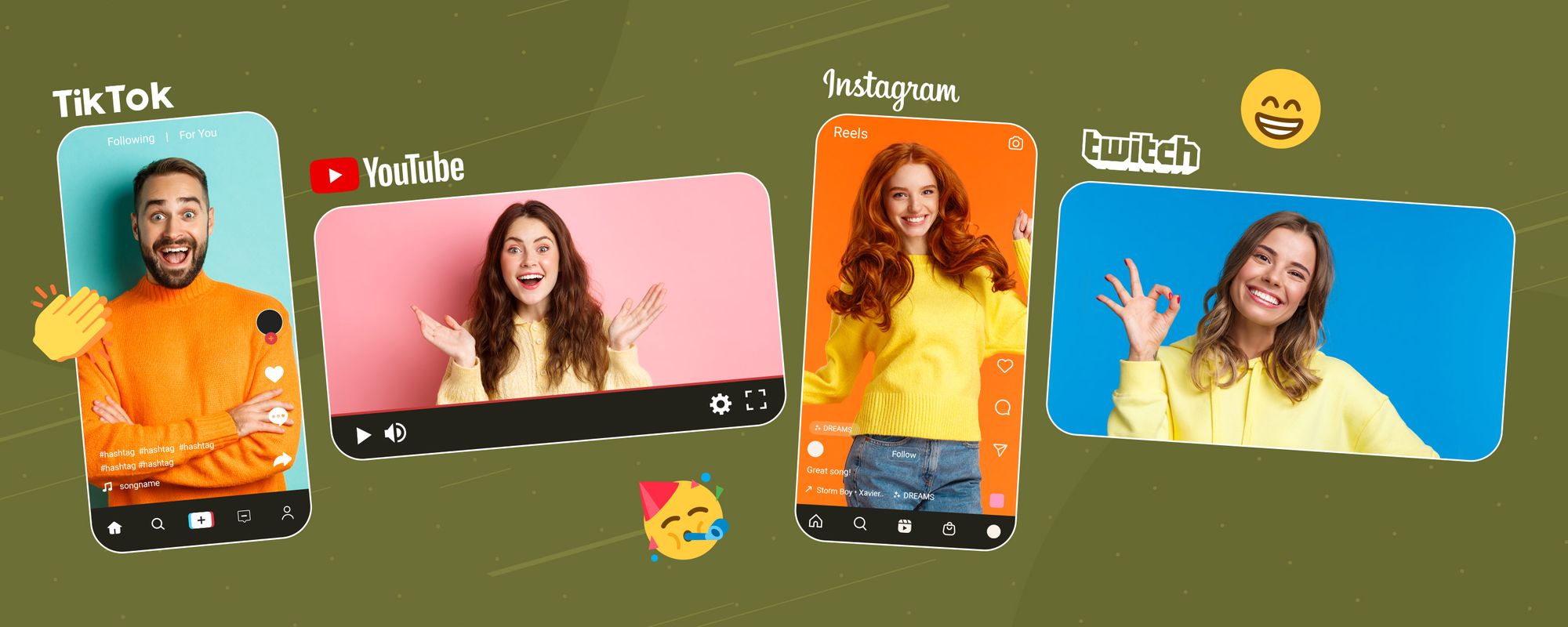
If you only ever feature copyrighted material you have permission to use in your videos, there’s no reason to fear the DMCA or the prospect of takedowns. In fact, the DMCA is there to protect your content from being used without your permission.
While the consequences for going against the DMCA can be severe, making sure you never receive the dreaded takedown request in the first place couldn’t be simpler. All you need to do is make sure you’ve got permission to use any copyrighted material in your content, that's all it takes.
And know that if you do receive a DMCA takedown request that you think is incorrect, you can always appeal it through the platform you uploaded to. But really, the easiest way to say goodbye to the prospect of copyright claims is to find your music using Uppbeat’s awesome library of copyright-free music.
Everything you need to know about music licensing
Want to dive deeper into the world of music licensing and learn about how to find tracks you can safely use in your videos? Check out our related guides on all things music licensing:
- What is Royalty-free Music? And How is Copyright-free Music Different?
- How Uppbeat’s Music Licenses Work
- What Are Music Royalties? And How Do They Work In 2025?
- Music Licensing Explained: The 7 Different Types of Music Licenses for your Project
- How to Find Out if a Song is Copyrighted: Safely Using Music in Videos
- Understanding Music Copyright: How to Safely Use Music in Your Videos
- What does DMCA mean? How to protect your content from DMCA copyright takedowns
- What is Public Domain Music? Should You Use It?
- What is a Creative Commons License?

